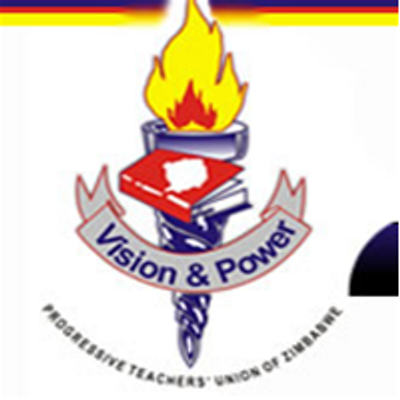The Progressive Teachers Union of Zimbabwe (PTUZ) has said that devolution in the education system should be made compulsory to avoid nepotism in the deployment of teachers in Matabeleland.
Speaking on a local radio station, Tuesday, PTUZ Bulawayo provincial coordinator Vusumuzi Mahlangu said that the deployment of teachers who are not conversant in local languages has crippled the performance of pupils in the region.
“There is demand for devolution in the education system. Issues regarding the distribution of resources, employment corruption and nepotism need to be interrogated and addressed,” said Mahlangu.
Mahlangu said that all teachers’ colleges should offer all local languages to avoid deployment of teachers to regions where they are not fluent in local languages.
“The constitution of Zimbabwe recognizes 16 official languages in Zimbabwe, therefore, it is important that all colleges in Zimbabwe train teachers in all 16 languages”.
Mahlangu also pointed out the need for people to understand that Matabeleland has other languages other than Ndebele.
“This means that all languages should be respected. If we go to Binga we don’t want a Ndebele, Shona, Kalanga teacher but a Tonga teacher should be the one teaching”.
Mahlangu said that they have realized that many colleges in Matabeleland for instance Hillside Teachers College offer Ndebele and Shona languages which is not the case with other teacher training colleges in other regions.
He added that it is disrespectful for government to deploy teachers who are not conversant in languages spoken in a particular region.
“If this is not addressed there is going to be a crisis because the deployment of these non-Ndebele speaking teachers has already fuelled conflict between teachers and parents.
A parent who was part of the show, Eghter Khanye concurred with Mahlangu that devolution is needed in the education sector.
“Matabeleland has equally educated people, let us use them than to get people speaking a different language to come and teach us about education yet they also need an interpreter,” said Khanye
“Children start learning from home thus when they go to school and they are faced with a language barrier, Shona versus Ndebele it affects how parents can assist their children with their homework because understanding becomes difficult.”
Khanye stated that the government should accommodate all languages to avoid fuelling tribalism.
Meanwhile, Dr Themba Nyoni who is a remedial therapist said that language is very important when teaching children for them to understand concepts easily from an early stage.
“The deployment of non-Ndebele teachers has affected the transition of children from what they learnt at home to what they are now taught in school,” said Dr Nyoni.
“Let’s thoroughly interrogate the dynamics between language and performance in educational setup. The basics need to be taught in languages that children can comprehend at an early stage”.
Adding to the issue of deployment of teachers, Mahlangu said that the new curriculum has also impeded the performance of students.
“The new curriculum is good but it was not implemented in the correct manner and there are no basic resources to carry out the new curriculum”.

